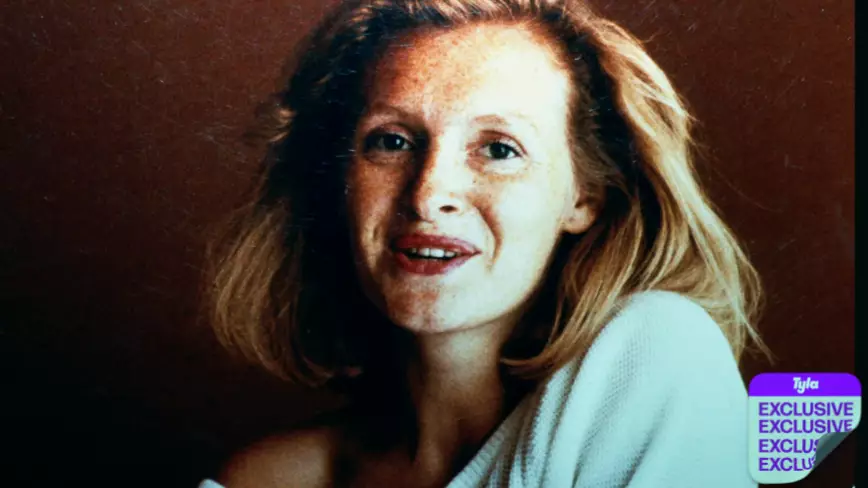
A producer who worked on Netflix's documentary series Sophie: A Murder in West Cork, believes more people could come forward after seeing the series to help solve the case.
The series, which dropped on Wednesday (30 June), traces Sophie Toscan du Plantier's final days after she travelled from France to her holiday home in the tranquil countryside hills of Schull, West Cork, Ireland. The 39-year-old was found beaten to death outside her home on the night of 23rd December 1996.
Sophie's murder sent shockwaves through the town and locals struggled to come to terms with the brutal murder. Almost 25 years have passed since Sophie's life ended and residents from the town, who were interviewed in dept for the series, still struggle to speak about it.One person who experienced this is producer Sarah Lambert, who grew up close to West Cork and remembers when the news broke when she was 11 years old. "It was a huge story," she tells Tyla. "Christmas is a very protected family time in Ireland and for a murder to take place then, people were extra shocked.
Advert
She added: "I couldn't even tell you how many people, even 25 years later, would cry in those conversations with us, remembering Sophie and what happened to her and what happened to the community. It was an incredible shellshock for everyone."
English journalist Ian Bailey, who was the first person to have uncovered Sophie's body, was the prime suspect in the murder investigation which remains officially unsolved.
Bailey was arrested by local police following eye-witness reports, however he was never found guilty in Ireland, because of lack of reliable evidence.
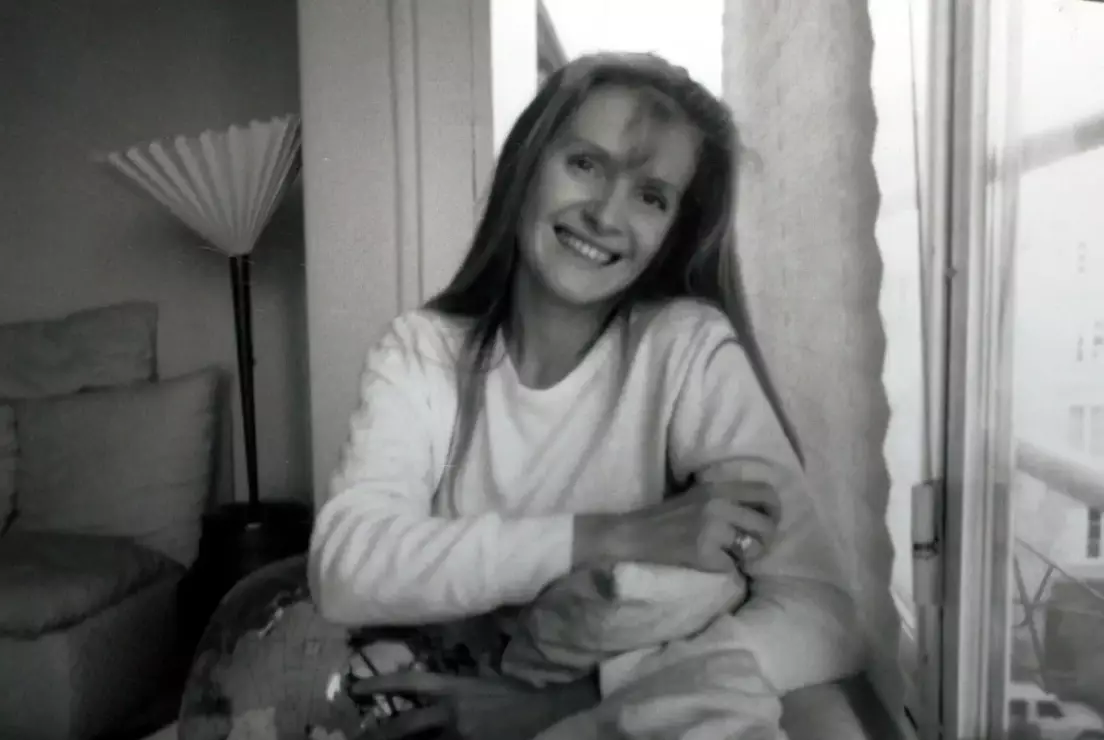
He was found guilty in absentia in 2019 by the French courts and sentenced to 25 years in prison. Having successfully fought repeated extradition requests from the French authorities, Bailey, who still lives in West Cork, was interviewed by Sarah and the other producers in his home multiple times for the documentary. "There's a lot of shades to Ian Bailey and his character and wanting to get that across was important," she said.
Advert
"It does feel like the case is on pause right now. I do always say never say never and I do think other things could happen and other people could come forward. It's an interesting time to look at it as a rounded whole."
The docu-series was filmed in West Cork and France and features harrowing interviews with Sophie's parents George and Marguerite Bouniol, her son Pierre-Louis Baudey, who was only 15 at the time of his mum's death and Sophie's cousin Frédéric Gazeau who also serves as an associate producer on the series.
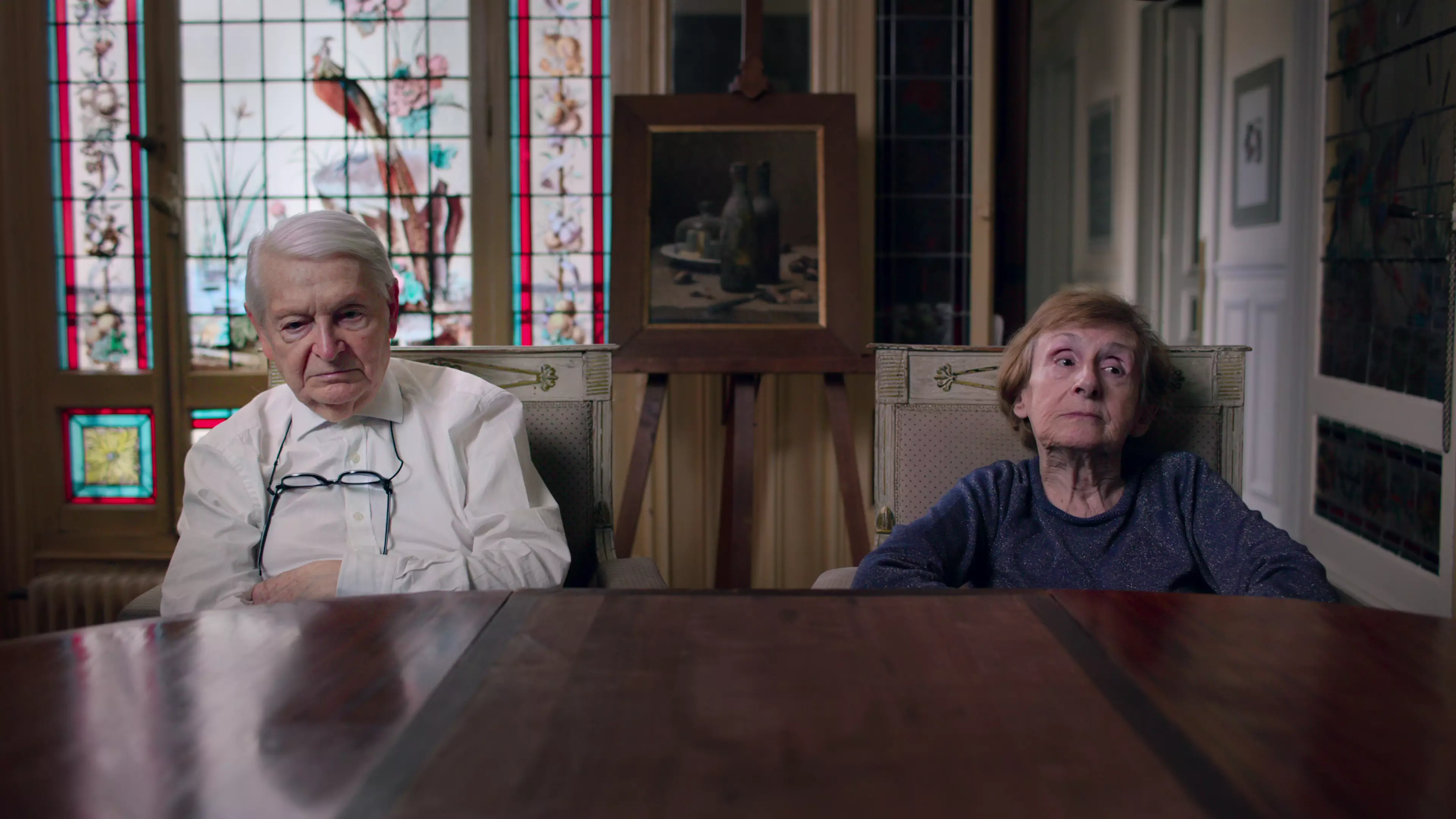
"Sophie's parents are incredible, brave people and as a parent myself I honestly can't imagine what they have been through emotionally for 25 years," said Sarah. Both of Sophie's parents are in their 90s and Sarah believes taking part in the documentary was both an easy decision - in order to keep Sophie's memory in the public eye - and a tough decision to be part of the because of their age and the emotional weight of losing their daughter.
Advert
One of the producer's aims was to change the narrative about the way women are portrayed in true crime series. There are no images of Sophie's body because she says death is a vulnerable moment and to show someone at their most vulnerable would be disrespectful.
Instead, Sarah and the production team decided to 'show that there was a lot more to her than the blonde woman smiling in the photograph'. To illustrate Sophie's life, the documentary uses personal home videos and pictures from Sophie's childhood to when she became a mum which were given to the team by Sophie's family.
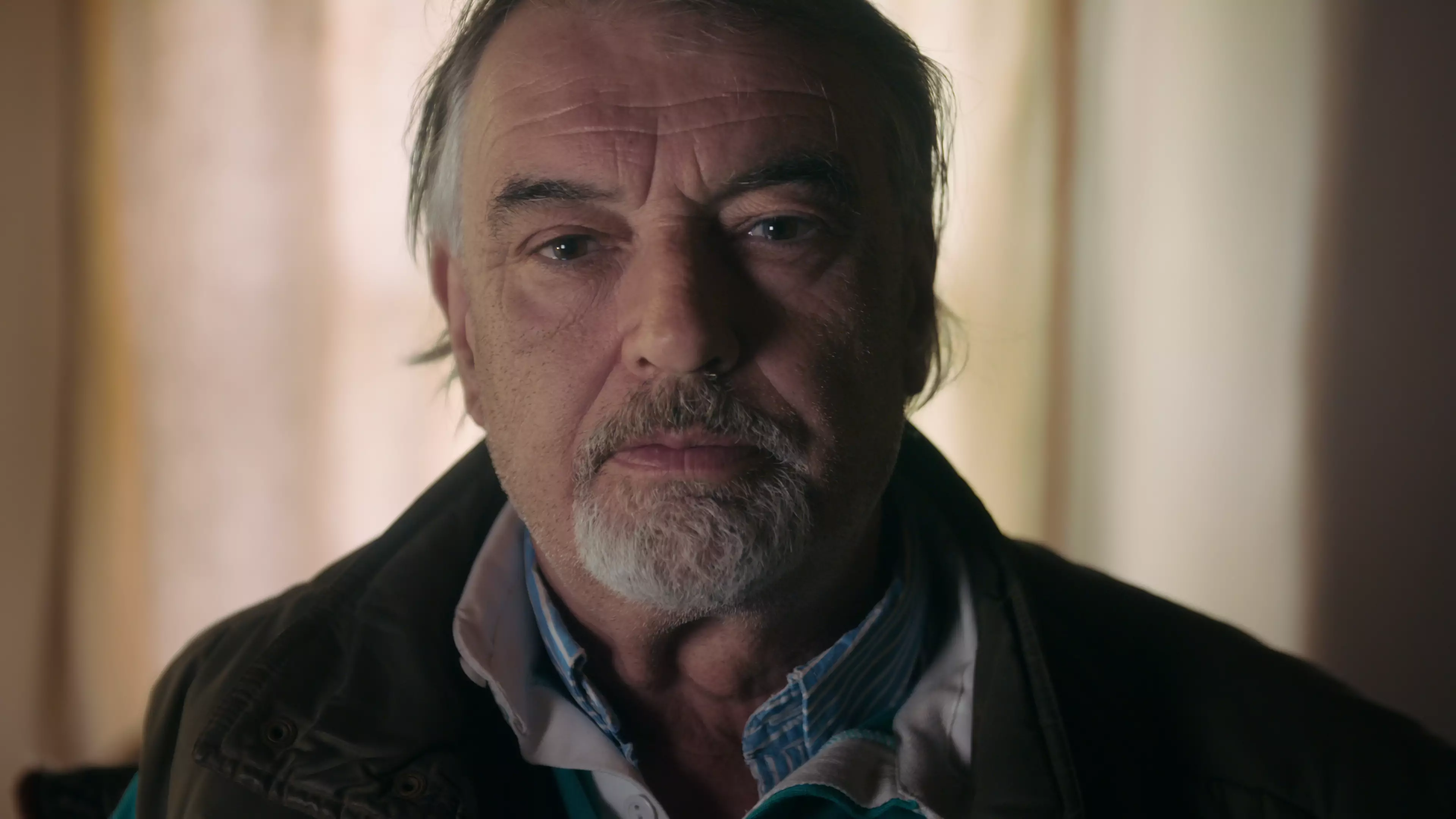
Sarah highlights one particular scene showing Sophie as a child playing on the beach with her brother Bertrand that is cut with footage from Bertrand remembering when he found out his sister had been murdered. "It worked perfectly. You're always looking for things that speak to people and captures someone as a person.
Advert
"There's footage of Sophie with her son when he was very young. You want to give an impression of someone beyond a picture and beyond a crime, who they really were and what their real life was."
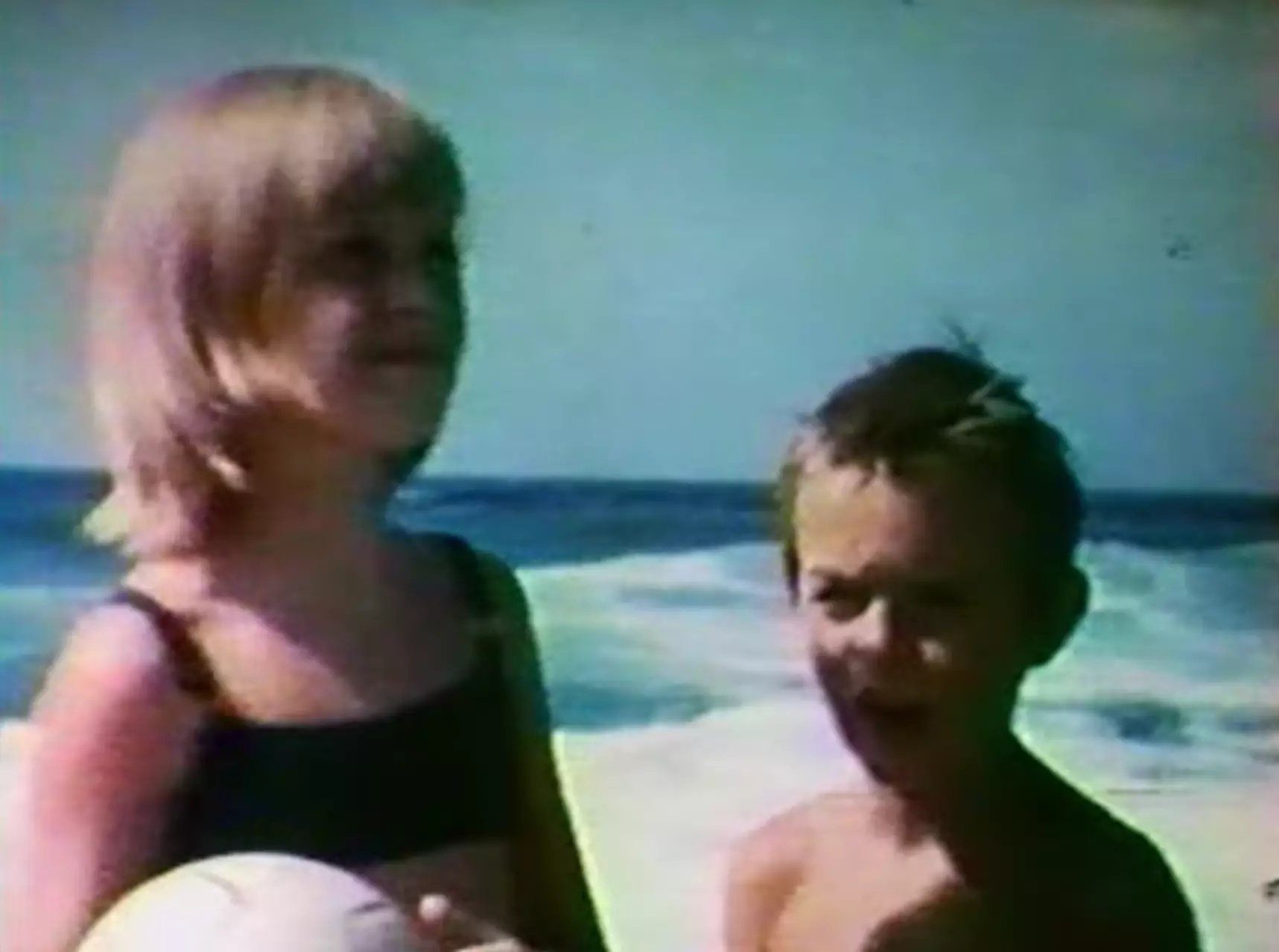
There is also a personal reason to Sarah wanting to show that Sophie was more than just another female victim in a true crime series. Sarah identifies with Sophie because she's also a documentary filmmaker, both are mothers to one child, and Sarah is now close in age to Sophie when she died. These similarities are something Sarah has thought about as well as what Sophie herself would think. Sarah says she was a 'complicated person' and Sophie's family said she was into 'dark things'.
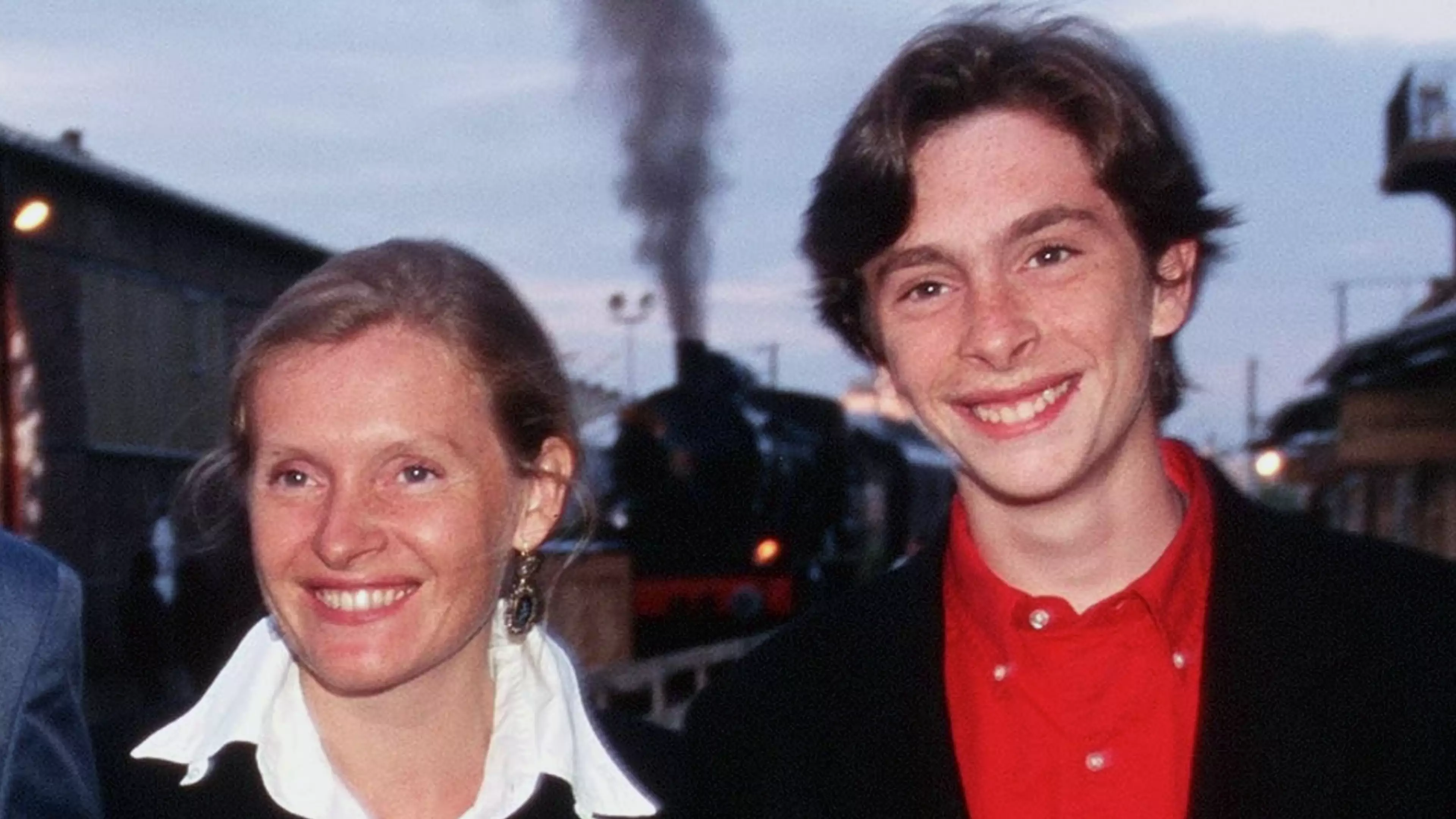
"I could definitely, as a woman, really identify with her absolutely and it gave me a duty to do her justice in this," she said. "So many other documentaries about this have barely paid attention to the woman she was, so many have had voice overs and [have been] led by men.
Advert
"I felt it was really important for the people in West Cork, for Sophie's family to get the opportunity to tell the story in their own words."
Sophie: A Murder In West Cork is available to stream on Netflix now.
Topics: TV and Film, Netflix